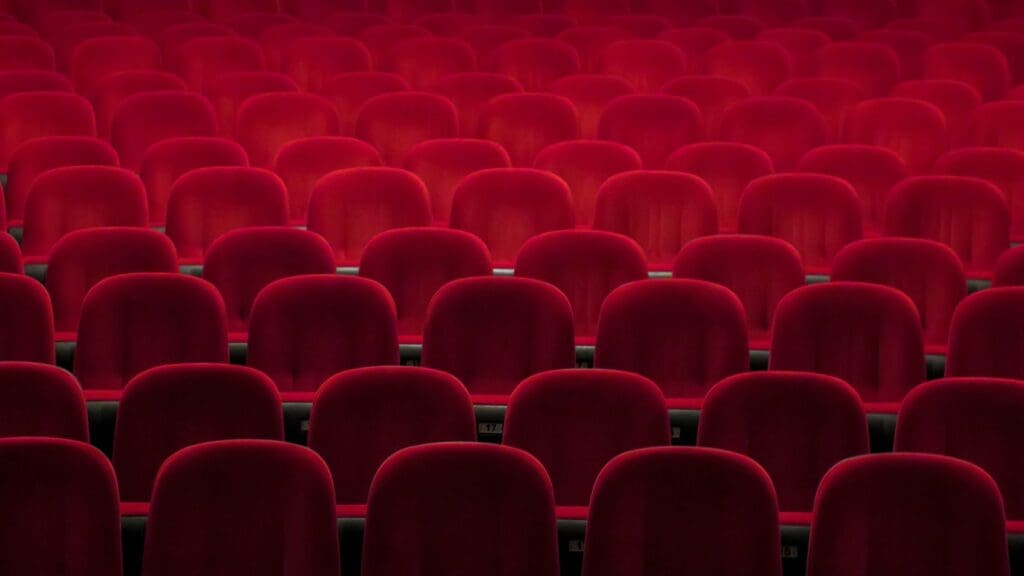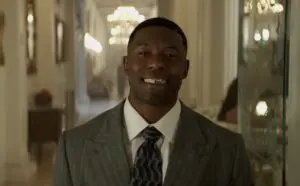When it comes to writing film analysis, there are several ways a critic may go about planning and writing a critique. Depending on the publication they are writing for, each critic has their own set of goals they will need to cover, and have their own writing style too. In general, though, there are several components that are considered important to include in a critique.
Before watching the film
Before a critic watches the movie there are several things they should do. All critics will have different criteria on what information they’ll want to know before watching the movie.
In general, a critic will avoid other reviews and will only carry out minimal research – assuming they are already familiar with the cast and director before this movie. If the movie is a direct sequel, they normally watch the film prior in advance if they are unfamiliar with the franchise. If the critic is unfamiliar with the cast and/or director of the movie they are writing an analysis on, they will normally undertake filmography research into their previous work.
Avoiding exposure for movies can be difficult, especially when it’s concerning a popular release that has a lot of marketing effort behind it. When possible, they’ll go into a movie blind to avoid any preconceived judgements and allow for the critic to go in with an unbiased background.
Critics debate whether to watch the film’s trailers, as it can give context to the movie, but it can sometimes also contain spoilers, so every critic will have their own process regarding this.
In general, a critic should remain unbiased by any marketing, trailers or reviews before watching the movie they are providing analysis on to give their authentic opinion, so the review readers can trust what they’re reading is accurate.
While watching the movie
To critique a film, you only need to watch it once, but some critics prefer watching the movie a few times to ensure they get all the details they’ll need for their analysis.
It’s best to watch a movie in its entirety, with no distractions, to fully understand what the director intended to create. When you constantly pause, and replay movie scenes, you take yourself out of the movie and will lose the way the film was meant to be enjoyed. Critics also believe that this can affect how you write about the movie.
When it comes to note-taking while watching, once again, many critics have different opinions on this. For some, this is a vital part of their process, to ensure they have notes on key moments throughout the movie. Other critics will only jot down some keywords as they watch the movie to ensure they don’t miss anything important in the movie. This can help them when it comes to writing plot outlines, analysing themes and critiquing the acting and cinematography.
After watching the movie
After watching the movie is where the majority of work gets done. For those critics who don’t take notes while watching a movie, as soon as they finish viewing the film, they note down all of their thoughts and then decide what is necessary to convey to the audience.
Most critics aim to answer several questions of filmmaking when it comes to writing their reviews. This includes:
- Plot: What the movie is about? How did the setting affect the storyline? Was it believable?
- Themes: What was the goal of the movie? Was it created to entertain the audience, or bring awareness to something? Did symbolism play a strong role in the movie?
- Acting and characterisation: How were the characters portrayed? Did the actors make the characters come to life? Did the characters have complex personalities? Were there stereotypes that the characters fell into? Did the characters add to the storyline of the movie?
- Direction: Did the director pace the film well? How did the direction of this movie go in comparison to other works by the director? Was the storytelling complex? Was the conflict of the movie attention-grabbing?
- Score: Did the music choice support the mood of the movie? Did it add value to the scene? Was the music cue timed well for the scenes they were in?
- Cinematography: How did things like colouring and lighting affect the tone of the movie? Were the shots effective in telling the story? Were sequences coherently shot? Were scenes and actors framed well?
- Production design: Did the sets feel lived in? Were the sets believable for the story and the characters? Were the costumes suitable for the characters?
- Special effects: Were the effects believable? Do they align with the era, tone, and genre of the movie? Were they well integrated into the story?
- Editing: Was the editing clean? How were the transitions in sequences?
- Dialogue: Were the conversations believable? Did they develop the plot? Did the dialogue match the tone of the movie and the characters?
Writing the review
Once a critic has noted down all their thoughts, they write the review. Like with any writer, every critic will have their own unique process for doing this. Some will prefer to just grab a cup of coffee and write everything down in one go, others will create a plan for each paragraph and go through step by step what they’re going to include.
The main aim of film analysis and critique is to do more than summarise what happened but to convey to the audience how the movie resonates with the critic. The audience should feel connected to the writer, as the writer aims to gain the trust of their audience so that they return to read other work. That’s why several critics will put their voice into their work.
Read our reviews on the latest releases
Here at Ready Steady Cut, you know that you can trust our dedicated team of reviewers and critics when it comes to picking out your next series binge or the next movie to add to your to be watched list. You can choose what streaming service you want to watch on, as well!



